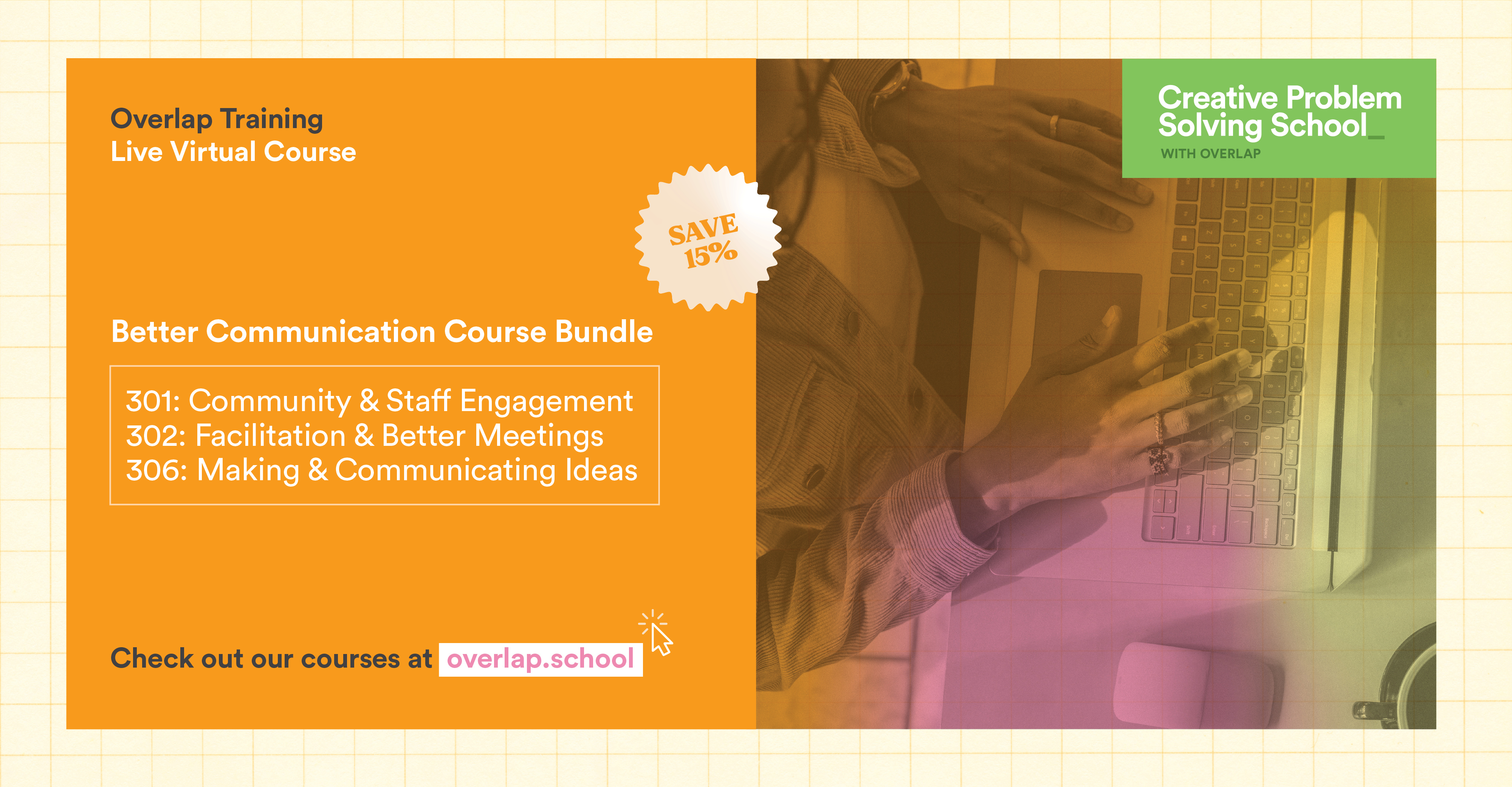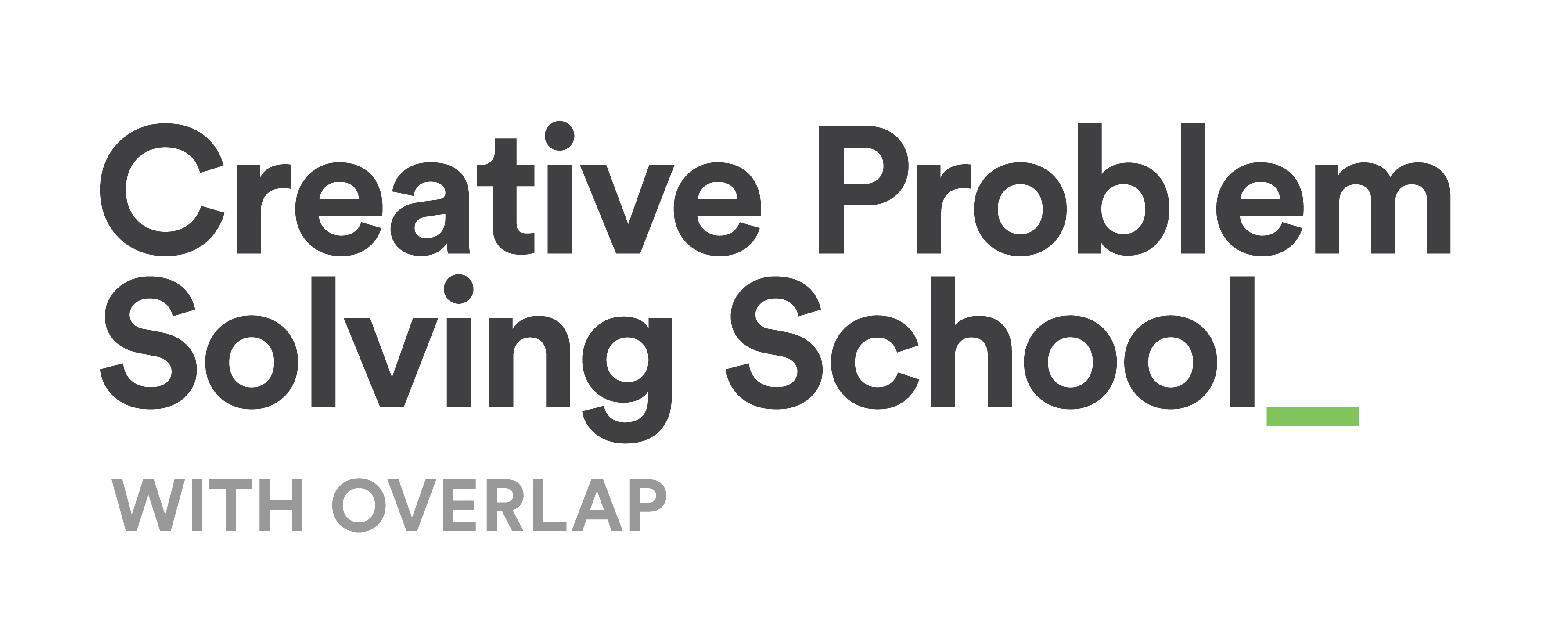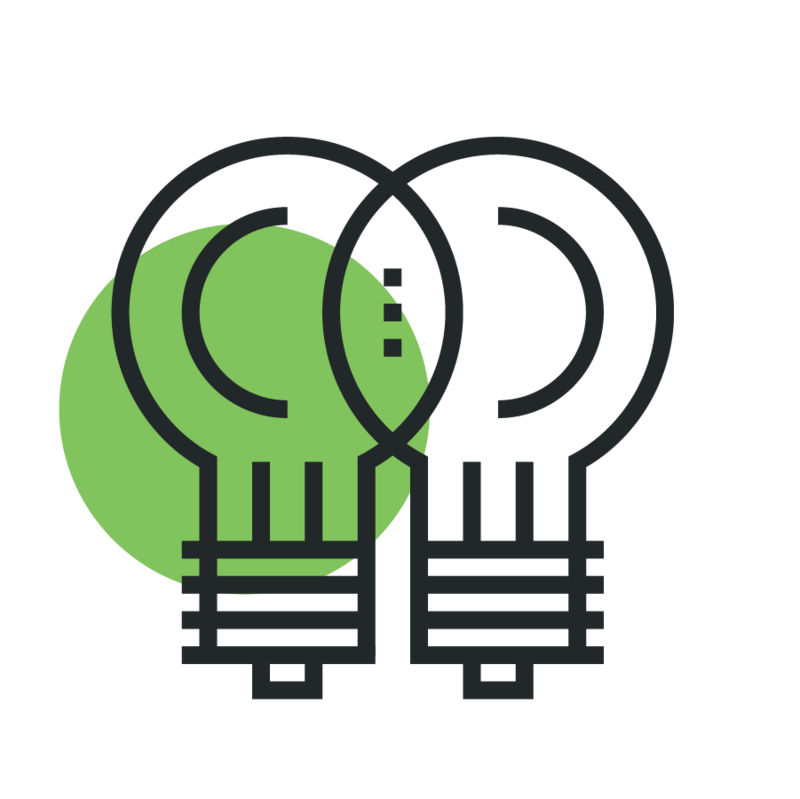About the course
This course explores different approaches to communicating ideas with a focus on making and visualization in a virtual work environment and deciding on where to go next. Visualization is one of the most important, but most difficult aspects of the creative process. Together, we will break down commonly held assumptions about visualization and build your creative confidence using a step-by-step process.
Modules
Visual Communication
This module focuses on de-socializing our misconceptions about drawing and visualization. You will learn easy and effective ways to quickly visualize your ideas using the ‘draw to learn’ process when thinking through a complex problem. You will start with the basics of visual communication and gradually build to higher levels of visual complexity
Building your ideas and compelling presentations
We will be introduced to some very simple tools about where to go next when deciding which ideas you want to move forward with. You will explore the principles and various forms of prototyping, along with some real-life examples.
After you have a prototype, you will learn ways to effectively communicate what has been produced. Here, you will be introduced to simple tips and tricks to create presentations that help you to share the best parts of your projects in a way that is compelling to the audience.
Learning Outcomes
An idea is only useful if we can get it out of our heads and into a tangible form that people can react to by giving us feedback and opportunities for improvement. You’ll learn accessible, practicable techniques for quickly visualizing your ideas to enhance collaboration and maximize impact.
What you will learn:
-
Develop your visual vocabulary: learn the basics of drawing to develop your personal style and enhance communication
-
Simple tools for making a decision: tools to help you make quick decisions when you need to decide which idea to move forward with
-
Various ways of prototyping: different ways of creating tangible representations of your idea to get feedback and improve upon your ideas
-
Empathy: deeply understanding your audience and creating a presentation structure and format that meaningfully lands

Are you interested in becoming a better communicator? You can save over 15% by registering for our Better Communication Bundle, which includes: 301) Community & Staff Engagement Foundations, 302) Facilitation & Better Meetings, and 306) Making & Communicating Ideas. Sign up for all three courses today and save!

